
(03) 8592 8100
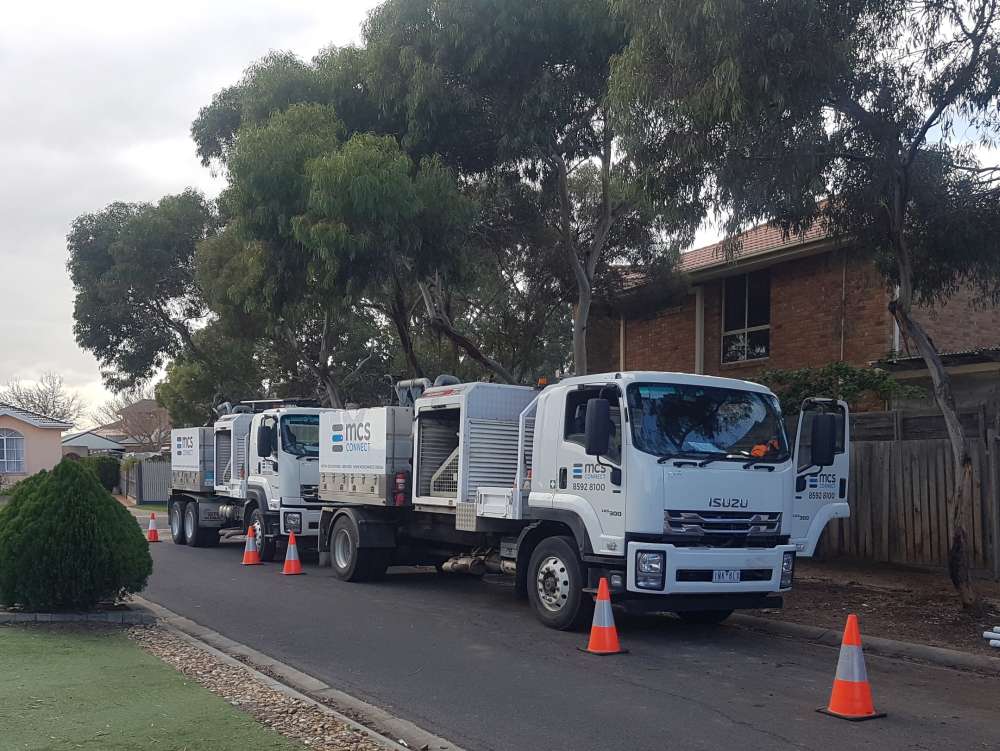
Vacuum Excavation vs. Traditional Excavation: Which is Best for Your Site?
Traditional excavation has long been the go-to option on work sites, developments and anywhere else where soil needs to be shifted or digging is required. An excavator or backhoe can get the job done fast, however it is not always precise, which can be a problem when working on sites where underground utilities, wiring or other assets are located.
In recent years, vacuum excavation has emerged as a safe, effective and economical alternative to traditional excavation. But is it a better choice for your site?
The answer depends on the nature of the job and the conditions on site. To help you make the right call, we've put together some key points to consider.
Are there underground utilities or other assets?
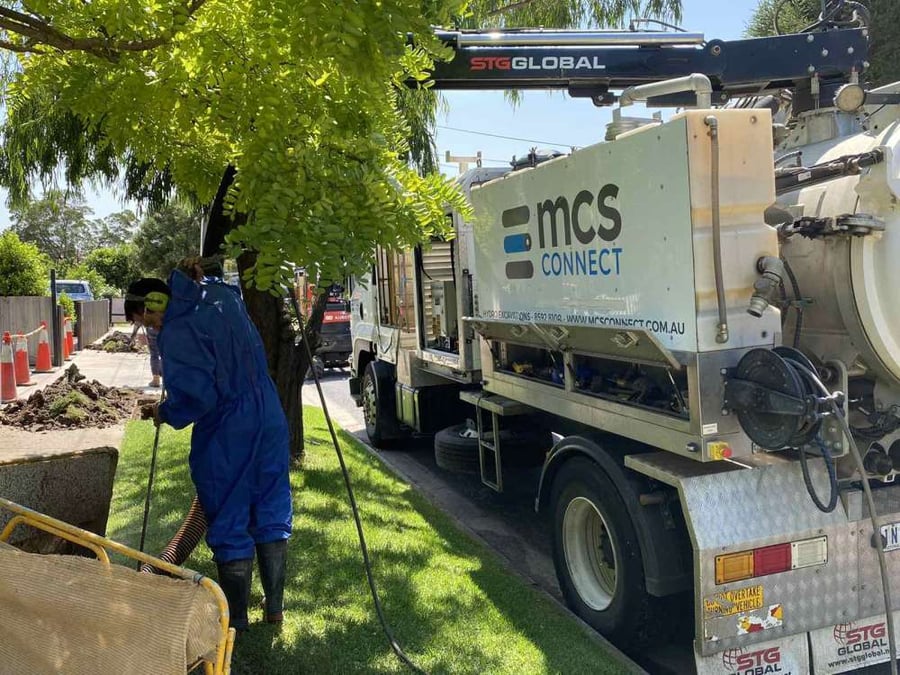
Vacuum excavation is also known as non-destructive digging or hydro excavation, and it lives up to its name. The non-mechanical process uses water or air to break up the soil, before sucking it through a hose into the storage tank on the vac truck or sucker truck. This allows vacuum excavators to be very precise which makes it highly effective in locating cables and working safely around underground assets such as utilities, pipes, wiring and tree roots. While mechanical or manual digging can cause significant damage to underground services if struck, the non-destructive nature of vacuum or hydro excavation means the chance of damage occurring is extremely low. If your site includes underground assets and you're keen to reduce liability and enhance safety, a vac truck is likely your best bet.
Is the access tight or limited?
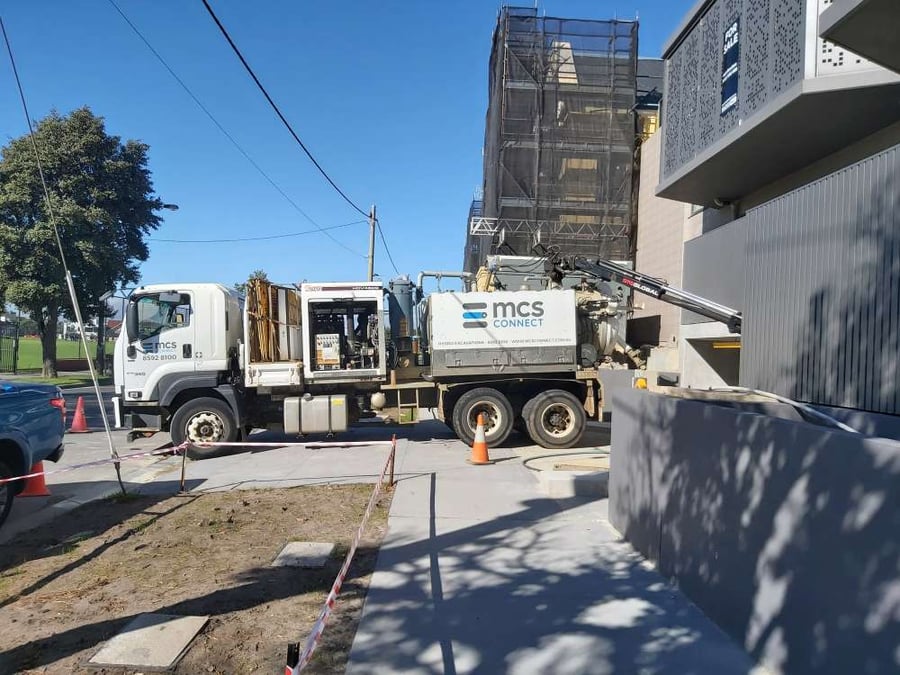
Vacuum excavators are known for their precision around assets, but they are also widely used for general excavation, clearance work, environmental maintenance and for emergency repairs of pipes and utilities too. They are particularly suited to jobs where access is limited, such as basements or sewers, or on multi-res developments. Recently, our experienced hydro excavation team were called in for emergency works on a basement carpark in a new development, and were able to quickly and easily extract the flooded water with zero fuss. They also regularly perform works along roadsides and other tight spaces, often assisted by our traffic management team, and are in and out in the minimum time. Should mechanical digging be used in these situations, the job, and the clean up, would likely take much longer.
Are you looking to reduce site impact?
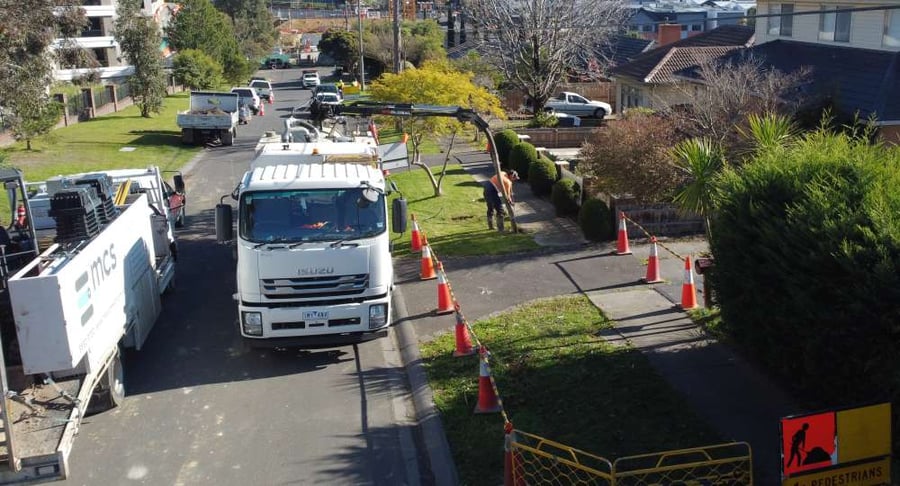
The controlled nature of non-destructive digging causes less disturbance on site than traditional digging methods, which means a neater finish. The digging hole is generally smaller than those dug using mechanical processes, resulting in less backfill, labour and restoration. In addition, the precision of a vacuum truck allows it to only suck up the bare minimum of waste required to complete the inspection or repairs, unlike traditional digging methods which may remove more than is needed due to the large bucket on the excavator or backhoe.
Do you need the job done fast?
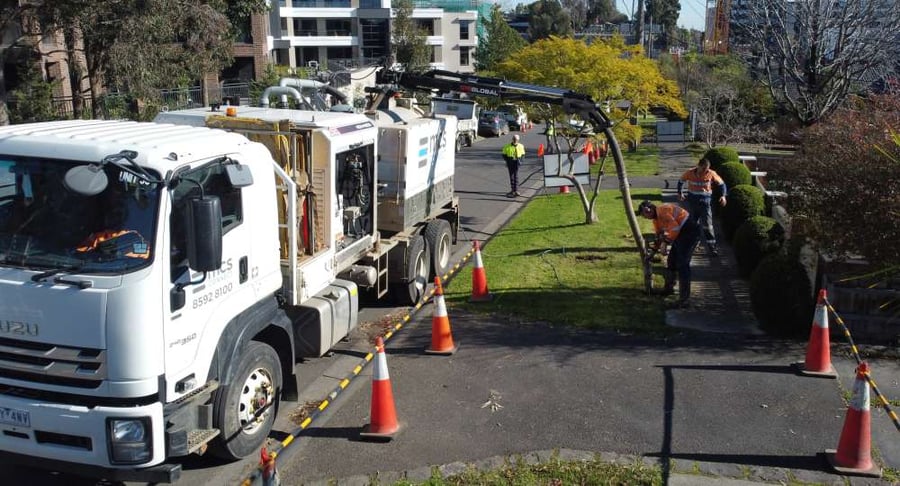
While the most suitable style of digging depends on the job at hand, in many cases vacuum excavation will be the speedier and more cost-efficient option. The ability to quickly and precisely pinpoint the exact location and depth of underground cables and pipes speeds up the excavation work and avoids potential costly downtime that may occur due to damage.
Vacuum excavation is the smart choice
With the above advantages in mind, it's easy to see why vac trucks are experiencing a spike in demand. Telecommunications and utility companies are favouring non-destructive digging for obvious reasons, as risk of damage is eliminated and site impact is reduced. The precision and cost-efficiency of vacuum excavation gets a tick from builders too—not to mention the fact that they can be deployed quickly, often without the need for a digging permit.
Our team works across smaller subdivisions to large scale civil and construction projects. So whether you're a homeowner, builder, developer or representing an organisation, get in touch for a quote or download our vacuum excavation trucks pricing guide today!
